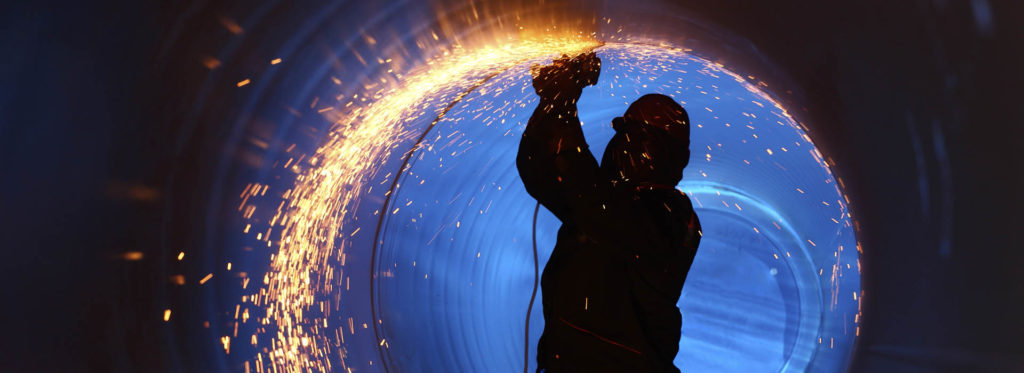An Unregistered Contractor Can’t Commence a Lawsuit to Recover for Unpaid Work

Most contractors are aware the State of Washington requires a contractor to be licensed/registered. Additionally, some are aware RCW 18.27.080 prohibits an unlicensed contractor from bringing a lawsuit against an owner to recover a contract balance. Recently, in Dobson v. Trefan, the Washington Court of Appeals illustrated that there are very few exceptions to this rule.
Background
Homeowner, Trefan Archibald, hired Gina Dobson to refinish his floors for $3,200. Ms. Dobson’s day job was a full-time longshoreman, not a contractor. Further, Ms. Dobson did not solicit the work. Instead, Mr. Archibald reached out to her through a friend of a friend.
Mr. Archibald paid a $700 deposit, Ms. Dobson refinished his floors, but then Mr. Archibald refused to pay the remaining $2,500 because he was dissatisfied with the work. Ms. Dobson filed a lien and subsequently commenced a lawsuit to recover the contract balance and to foreclose on her lien. The Court dismissed Ms. Dobson’s lawsuit because she was not a licensed contractor, despite Ms. Dobson’s argument that exceptions should apply.
Court Rejects Affirmative Defense Argument.
Mr. Archibald did not initially raise as an affirmative defense under Court Rule 8(c) that Ms. Dobson was an unlicensed contractor. Ms. Dobson argued his defense was waived. The Court rejected this argument under the rationale contractor licensure/registration is a prerequisite to a lawsuit – whether a defendant asserts such affirmative defense is inconsequential.
Court Rejects Ms. Dobson was not a Contractor.
Ms. Dobson was a longshoreman and did not make a living performing contracting services. The refinishing work she performed was a discrete, side-job based on a word-of-mouth referral. For those reasons, she argued she is not a “contractor” as defined under RCW 18.27.010(1)(a). The Court did not accept this argument, and cited to NW Cascade Constr. Inc. v. Custom Component Structures, Inc., which stands for the legal proposition that even a single and isolated business venture is not exempt from the contractor licensing requirement. The Court also pointed out she previously performed home improvement work for others for payment, and categorized her work for Mr. Archibald as her “pursuit of her referral-based side business.”
What Exceptions Did the Court Leave?
The Court left three exceptions or workarounds; none of which assisted Ms. Dobson:
1) If there had been a contract between the two parties that contained an arbitration clause, Ms. Dobson could have enforced the contract because an arbitration is not a lawsuit.
2) If this was a dispute between two contractors, a lawsuit could be maintained regardless of whether one or both contractors were unlicensed/unregistered. The subject statute is designed to only protect the consumer, not other trades.
3) If the relationship between the two parties was between two friends with a longstanding social relationship, the statute does not apply (ironically, the better friendship between the parties, the more welcome they are in Court…!)
Lien is Extinguished in 8 months.
The Court did not expressly address in its ruling the ultimate disposition of Ms. Dobson’s lien against Mr. Archibald’s property. However, such issue need not be addressed by the Court, and serves as a reminder that a mechanics’ lien is void 8 months after its recording unless a lien foreclosure lawsuit is commenced within that time period. RCW 60.04.141 Montgomery Purdue – Construction Liens and Bonds , Lien Claims (Subs & Suppliers) , Lien Claims (General Contractors) . As such, Ms. Dobson’s lien will provide her no recourse because she is barred from any lawsuit pertaining to the debt, which includes a lien foreclosure.
If you have questions regarding a construction dispute and/or a lien claim, please feel free to contact Drew Chisholm (206) 695-1170 or another attorney in the Construction Law Group at Montgomery Purdue.